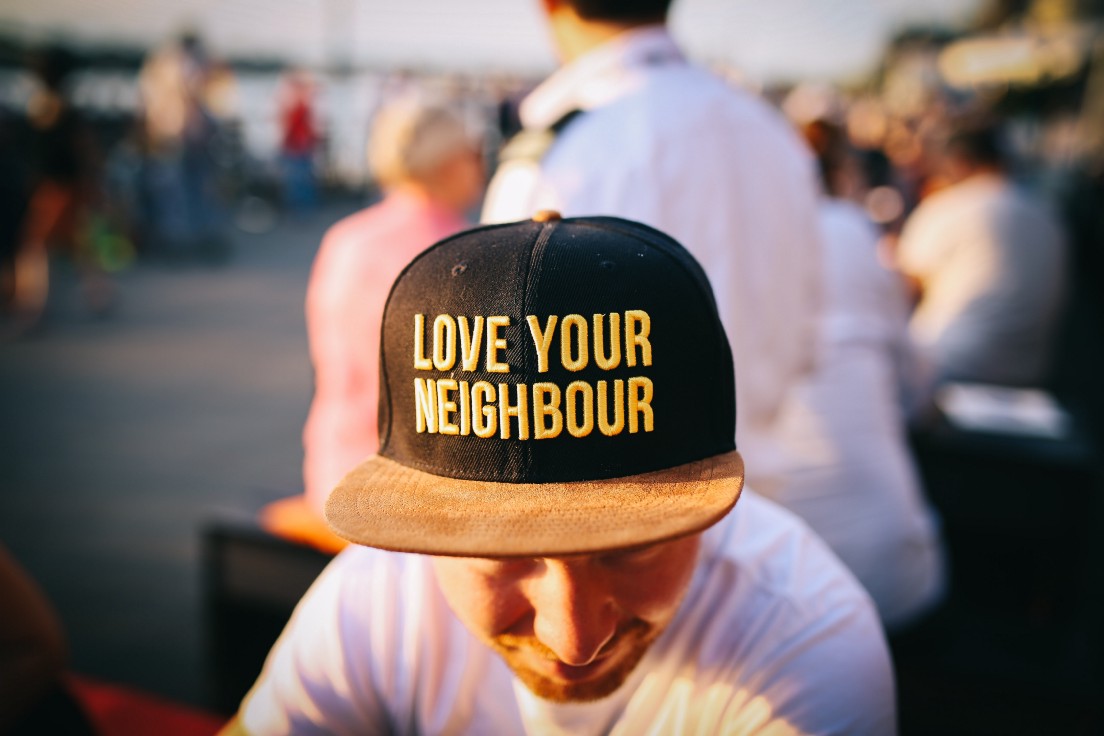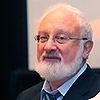The world seems to be on a narrow bridge, and the main thing now is not to be afraid of parting with the past. We have another concern: how to meet the future not by colliding with its back, but to competently face the inevitable tomorrow.
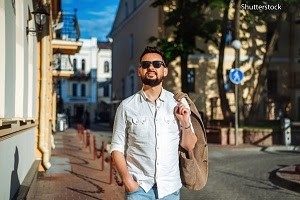
“If only everything does not collapse, then it will be restored,” they tell us. And they add, “Someday.” I say “It will not recover.” But collapse is not necessary at all. Each of us has the task of surviving the current period with minimal losses. To do this, we need to save nerves and resources, support others, be able to relax, but not “disconnect.” And most importantly, we need to understand what is happening so that the consequences of the crisis will not take us too much by surprise.
To start, let’s sit down and take a breath. The human being was not created to fuss. He was created in order to think and act. So let’s think: What have we actually lost? What motivated us in that life? What did we live for? What sensible and useful things have we done? What have we prepared for the future of our children?
Quite frankly, we just served each other for money. With zeal or without it, we fulfilled the principle, clearly formulated by our sages thousands of years ago: “Go and profit from each other.” It seemed to us that we were serving ourselves. But what kind of a disservice we rendered to ourselves by exhausting ourselves in a hamster wheel of consumerism, not thinking about anything else?
Imagine for a second if we flew from another developed planet and looked down on ourselves a few months ago, it would not have been a very pretty sight. No, not in the technological sense, but in the very essence of our commotion and bustle. The “benefit” from it, like smog above the Earth, is already starting to disperse. And so, the virus came. “Stop, people,” it tells us. “Look at what you did to the planet and to yourselves. Look beyond the brink of tomorrow.”
If we really look into it without brushing it off, we will see that we were moving not only toward ecological collapse, but before that we would have come to war. In fact, we drove ourselves into the arms of war, into a state of hopeless globalization, into a dead end of contradictions. This is human nature: When a slaughter is brewing, we force it out of our consciousness and at the same time put up with it, even invoke it.
We have not yet reached such an advanced stage, but an avalanche of unbridled consumerism has drawn humanity into the abyss. And, paradoxically, the virus is saving us from it. We are being saved from egoism in need of “absolution,” in resetting consumption markets.
So is it worth going back? What did we forget there? Is there life after the virus?
Now we are getting to know our family, our world, and ourselves again.
Previously, many of us just slept at home, now we live there. We used to browse the Internet for fun, now we connect with each other.
There are several ways. Of course, we want to go back to that hamster wheel with its array of constantly new and different pleasures to look forward to, and are even willing to endure its pains that prod us from behind. But one cannot help but remember the threat of a collapse with rampant crime, the suppression of unrest, interruptions in supply, and the search for the guilty. And finally, we can use this period for reflection.
Of course, not everything is smooth, not everyone can “sustain the blow,” but the experience itself, the very change of pace, foreshortening, does not bring only a respite? In the cleared weekdays, in an unusual afternoon lull, we hear an echo of something new. We are seated at home, like children at their desks in order to learn something so that this “breaking” would not pass in vain.
In any case, we will be unable to exit the crisis as quickly as we entered it. And what is happening now is not a pause, not a vacation, not a lockdown, it is an awakening. The virus did not knock us out, but shook us well, returned us to reality, gives us an opportunity to carefully take the helm.
Today we are confronted with the need to redefine our values in the dawn of a new era, which requires a different attitude to each other and finding a meaning that we avoided. The wind of change swept away the illusions and is showing us the true picture. So are we really going to let the mind again be clouded by its mirages? Will we reconcile ourselves with the past, with eternal vanity, with external abundance, and with internal devastation?
The world seems to be on a narrow bridge, and the main thing now is not to be afraid of parting with the past. We have another concern: how to meet the future not by colliding with its back, but competently face the inevitable tomorrow.
We, ourselves, have created a rat race, and now we can get out of it without excessive external shocks. After all, the main thing is what is inside: our connections, our relations, our participation, reciprocity. It is enough to realize this, and all mechanisms—social, financial, commercial—will start to restructure according to the new paradigm.
Let’s think about it: Why are we living? How can we build our lives differently, on different principles? The way out of boundless egoism was opened, let’s use it while our egoism is shocked and muted.
Airplanes are on the ground, ships are in ports, we should be at school desks. There is nothing derogatory in this. On the contrary, we have the opportunity to really do something for ourselves.
All our life we were only engaged in running away from the question about it. Worried before death, justifying ourselves to the best of our ability. The virus, however, hints at something else. We cannot run away from death this way. To overcome its line, it is necessary to rise above the egoism that kills us. Our ego limits, gives a flawed and wretched sensation of the world through the demands of our body. Let us feel the world through our internal common structure, through the soul. Then we will see it completely differently, endless, eternal, and perfect.
This has nothing to do with religions. The science of Kabbalah does not advocate any beliefs. It simply develops the soul of a person, and that makes us happy. Now, when we all feel in a common boat, we must put our oars together and head for a world without borders between hearts. Then the remaining barriers that divide people will disappear. Tomorrow’s world is forming now.
[262055]
This article is written by my student Oleg Itzeksen
Related Material:
What Will The World Be Like After The Epidemic?
The Global Pandemic
Coronavirus—A Consequence Of The Imbalance Of Nature
Filed under: Coronavirus, Economy, Education, Egoism, Globalization, Health, New Publications, Society of the Future - No Comments →
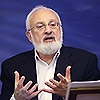 Question: Will there be people in the future who will help everyone determine the minimum necessary level so that people do not consume more and do not love themselves more than others?
Question: Will there be people in the future who will help everyone determine the minimum necessary level so that people do not consume more and do not love themselves more than others?
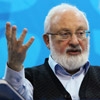
 Michael Laitman, On Quora:
Michael Laitman, On Quora:

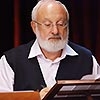
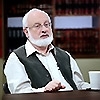
 From My Facebook Page
From My Facebook Page 
